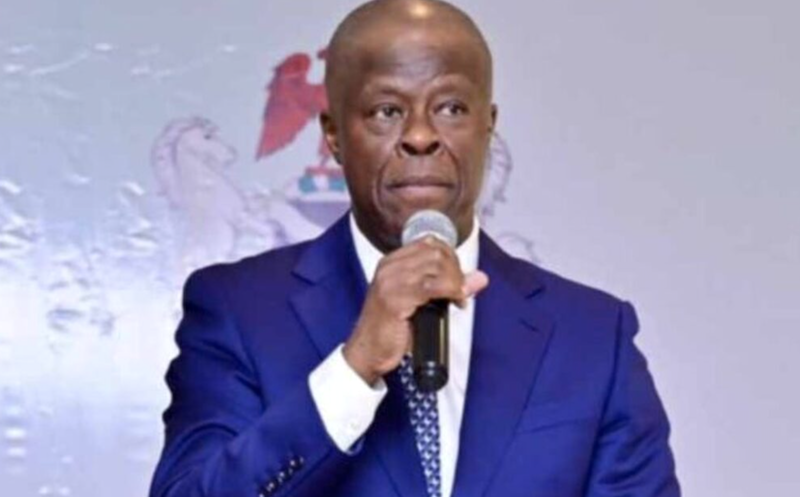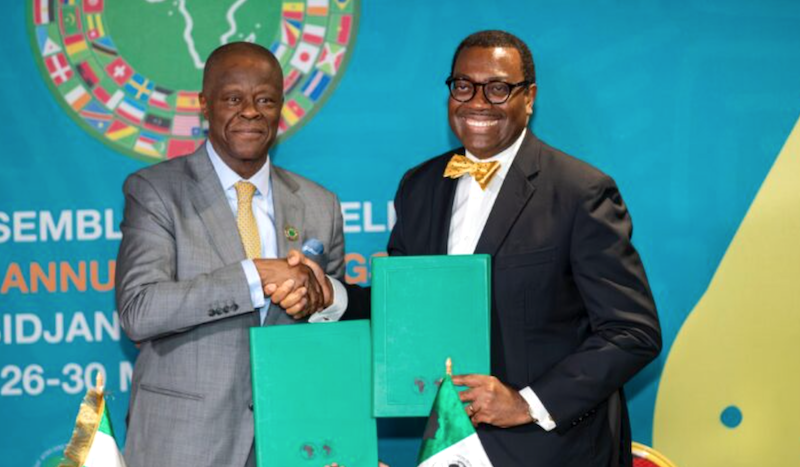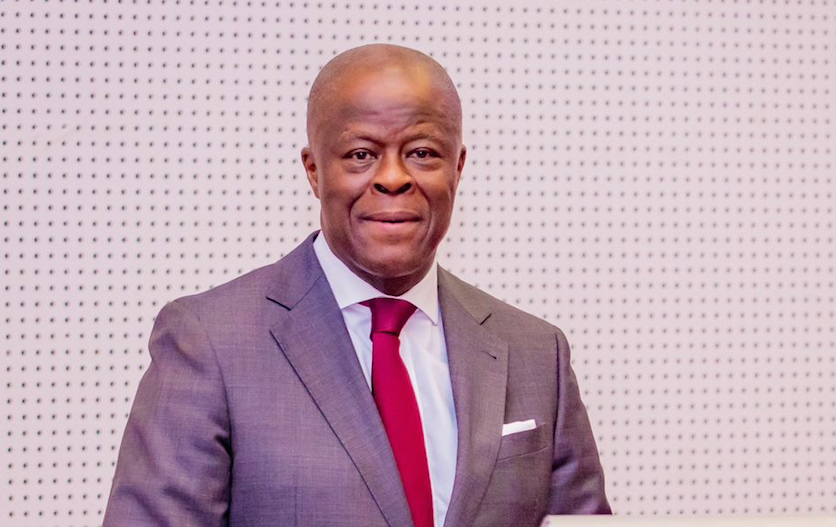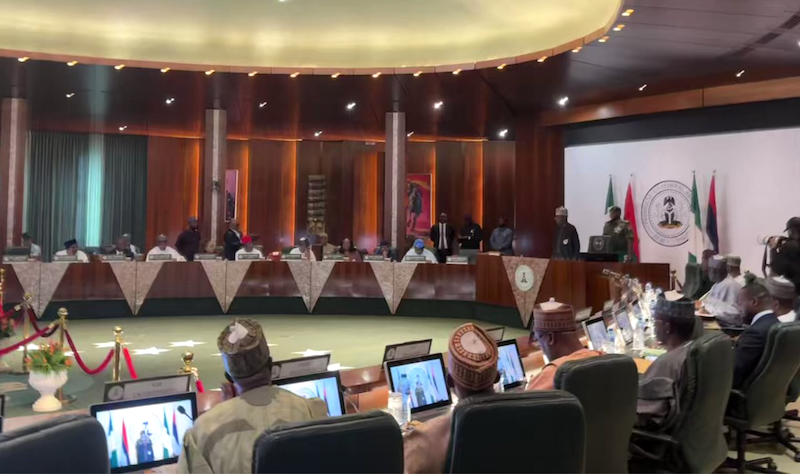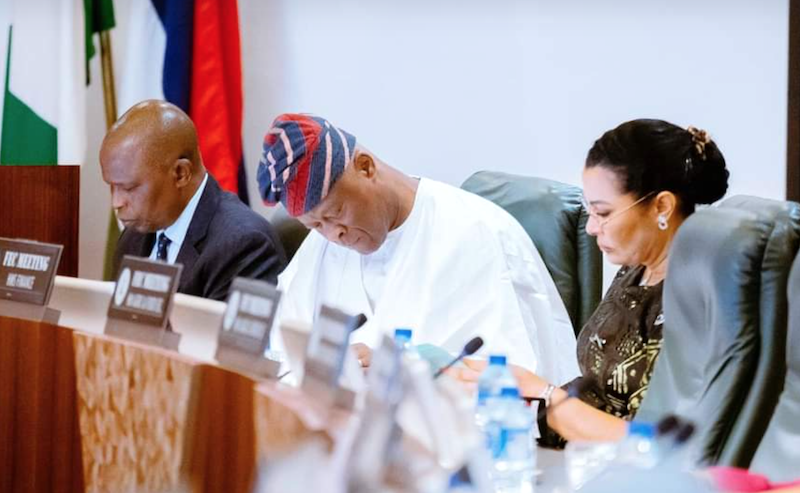The Minister of Finance and Coordinating Minister of the Economy, Mr Wale Edun, says the Nigerian economy is experiencing consistent growth within the context of global developments and ongoing domestic reform programmes.
Edun, who made this statement at a news conference to provide an update on the economy in Abuja on Thursday, noted that Nigeria’s gross revenues increased by 37.4 per cent in the first half of 2025.
According to him, the medium-term goal is to achieve seven per cent in annual Gross Domestic Product (GDP) growth, driven by critical investments by government, private investment, job creation and higher incomes.
The minister said that to achieve this, Nigeria needed to invest in critical sectors and expand Public Private Partnership (PPP) arrangements across agriculture, educational, health, manufacturing, technology and infrastructure.
He said that since the first half of 2023, the combined fiscal balance of the states had grown from 1.8 per cent of GDP to 3.1 per cent.
“That is from N2.8 trillion to over N7.1 trillion, which is a surplus.
“That means that the states have been provided funding that have now allowed them to be in surplus, giving them greater capacity to invest.
“It must be said that the increase in spending of the states has, in fact, mainly gone to capital expenditure, and that is the basis of the type of spending and growth that we are looking for,” he said
Edun said that in the oil and gas sector, the average production in the first half of 2025 was 1.67 million barrels per day, which was below the 2.06 million barrels budgeted.
He said that the average crude price was budgeted for at 75 dollar per barrel, adding that Nigeria now has an average price of 67 dollar per barrel.
“We have maintained compliance with the OPEC quota, and as you can see from the figures I have given, there is a revenue shortfall, in response to that.
“We have prioritised spending on sectors that directly impact citizens and support our growth ambitions,” he said.
In the power sector, the minister said there had not been national grid collapse in 2025.
He said that all approvals were in place to liquidate four trillion Naira legacy debts, and to implement a sustainable framework under the Electricity Act.
“It is a combination of removing or repaying or refinancing the outstanding debt so that those who are owed can in turn pay out their own obligations, as well as looking for sustainability going forward.
“There is the mission 300 initiative of the World Bank and the African Development Bank, that supports providing electricity connectivity to 300 million additional Africans.
“Nigeria is a key beneficiary, and this is unlocking investment in manufacturing, agro-processing and services, as a result of greater access to electricity,” he said.
The minister reiterated the Federal Government commitment to a coordinated fiscal and monetary policy framework that could substantially and sustainably reduce inflation.
He said that it would enable cheaper capital for businesses to invest, and greater purchasing power for households.
He said that President Bola Tinubu’s led administration was commitment to transparency, consistent and data-driven communication.
“We believe that this dialogue is essential to building public trust and informing our citizens about decisions that are being taken on their behalf.
“We now have a very competitive exchange rate and other conditions, which are allowing us to diversify our exports, particularly under the African Continental Free Trade Area Agreement.
“Interest rates across major economies remain elevated as reflecting the fight against inflation,” he said.
Edun said that the country was open for business, stating that Nigeria has a stable macroeconomic conditions that can help people plan and invest.
“We will continue to emphasise and open the doors to private investment across agriculture, manufacturing, technology, infrastructure and services.
“At the same time, we are committed to maintaining discipline, not only to save wealth, but to invest wisely, focussing on education, health and infrastructure that drive long-term productivity and inclusive growth.
“Our commitment is to build an economy that works for everyone, with transparency and resilience,” the minister said.

